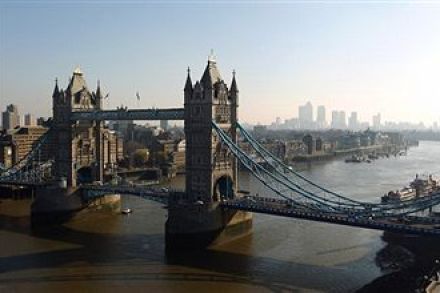Going big on the Big Society
You certainly can’t fault David Cameron for his perseverance. Six years after pushing the thinking behind the Big Society in his pitch for the Tory leadership, and three relaunches of the idea later, he is still at it in a speech today. He will, apparently, stress that the Big Society is not some nebulous nothingness — but, rather, “as gritty and as important as it gets”. And as if to underline the point, the PM will announce some solid new measures to bolster his grand projet, such as £40 million of extra funding for volunteering. Cameron is, I suspect, making this case for two main reasons: to counter criticism of

















